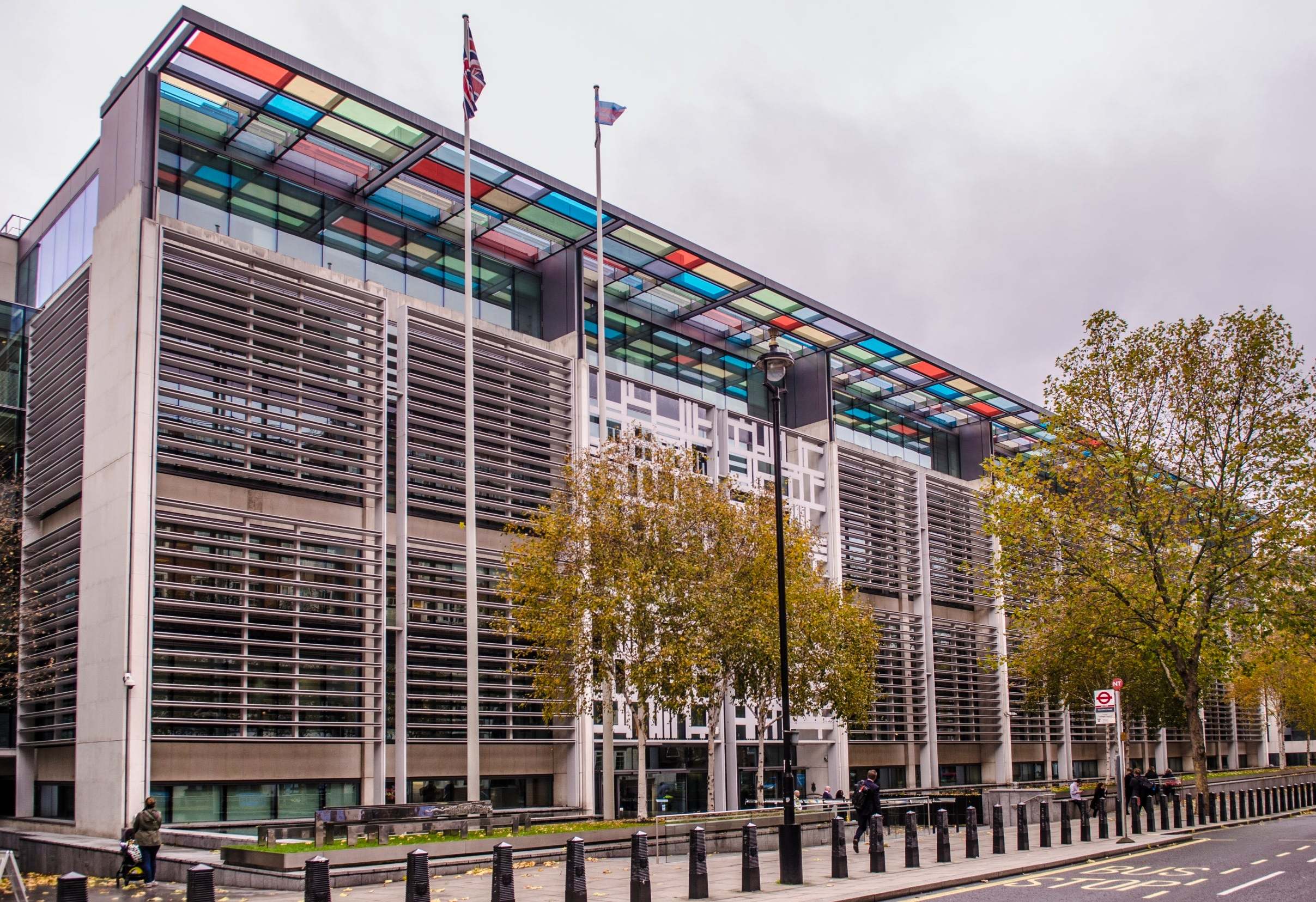Incorrect asylum refusals costing taxpayers more than £4m a year in admin costs alone, research finds
Exclusive: Home Office accused of ‘incompetent’ decision-making with ‘serious economic and human costs’

Your support helps us to tell the story
From reproductive rights to climate change to Big Tech, The Independent is on the ground when the story is developing. Whether it's investigating the financials of Elon Musk's pro-Trump PAC or producing our latest documentary, 'The A Word', which shines a light on the American women fighting for reproductive rights, we know how important it is to parse out the facts from the messaging.
At such a critical moment in US history, we need reporters on the ground. Your donation allows us to keep sending journalists to speak to both sides of the story.
The Independent is trusted by Americans across the entire political spectrum. And unlike many other quality news outlets, we choose not to lock Americans out of our reporting and analysis with paywalls. We believe quality journalism should be available to everyone, paid for by those who can afford it.
Your support makes all the difference.Incorrect asylum decisions cost the UK taxpayer millions of pounds each year, according to new research that has prompted calls for the government to urgently improve the “flawed” decision-making process.
Ministers have been accused of presiding over failings in the asylum system that lead to “serious economic and human costs”, after an analysis of data revealed that the government had spent more than £4m annually in administrative costs alone fighting successful appeals.
A report by Pro Bono Economics, seen by The Independent, also reveals that asylum seekers from war-ravaged nations, such as Afghanistan and Sudan, are nearly twice as likely to win asylum appeals against the Home Office than those from elsewhere.
Shadow immigration minister Bambos Charalambous said the asylum system was “not only broken but it is wasting money”, and warned that the “incompetent” decision-making had “scandalous consequences” for those incorrectly denied asylum.
“The Conservatives need to take urgent action to ensure better decision-making, which will also save money,” he added.
The research, which analysed government figures and freedom-of-information data, shows that, for the five-year period between 2013 and 2017, the total administrative costs of successful asylum appeals were £4.3m per year.
There were on average close to 11,500 appeals against initial asylum decisions by the Home Office during each year of this period, of which nearly one-third were successful.
The report says that the amount spent on the costs of contesting appeals that are overturned is thought to be the “tip of the iceberg”, and that “many millions more” are likely to be spent through the court system and legal aid, as well as on housing and living costs for asylum seekers as they await the completion of the appeal process.
The findings also show that asylum seekers from “very low peace” countries, such as Afghanistan, are 1.7 times more likely to have a successful appeal than those from “high peace” countries such as Malaysia.
One-third (33 per cent) of asylum decisions in respect of Malaysian nationals, and 28 per cent in respect of Gambian nationals, have been overturned over the last five years – compared with 51 per cent for Afghans and 62 per cent for Sudanese nationals.
Matt Whittaker, chief executive of Pro Bono Economics, said it was “clear” that the “failings” in the system were resulting in “serious economic and human costs”.
“The system needs overhauling, with the addition of more translators and better training for Home Office staff,” he added.
It comes after a report by the immigration watchdog this week found that asylum decision-makers felt that their training did not fully equip them with the skills they needed to interview applicants and decide their claims.
The Independent Chief Inspector of Borders and Immigration (ICIBI) was told by some Home Office staff that managers focused too much on the quantity of decisions as opposed to the quality.
A separate report this week, by the Refugee Council, found that the majority of people who cross the Channel in small boats would be recognised as refugees in the UK, contradicting claims by the home secretary last month that 70 per cent of arrivals are “economic migrants”.
Andy Hewett, head of advocacy at the charity, said it was “vital” that the Home Office work towards improving the decision-making process to ensure more decisions are right first time round and to avoid the need for cases to go to appeal in the first place.
“Appeals not only add additional costs to the Home Office, but are hugely damaging in terms of the additional anxiety and uncertainty for the men, women and children, many of whom have experienced great trauma in their lives,” he added.
Home secretary Priti Patel has pledged to “overhaul” the “broken” asylum system with a new set of immigration measures that she hopes to implement through the Nationality and Borders Bill, which is currently passing through parliament.
However, her proposals – which include denying refuge to asylum seekers who arrive in the UK via unauthorised routes, as well as the possibility of holding people offshore while their claims are processed – have been met with alarm by campaigners.
Elaine Cameron, chief executive of the Refugee Survival Trust, said the bill would “exacerbate” the issues and “do nothing to ensure that the UK benefits from the additional skills and resources on offer from asylum seekers”.
“It is time that the government took a sensible approach to asylum and reviewed the right-to-work legislation, particularly given the current labour shortages the UK is experiencing,” she said.
She warned that people who “can and want” to contribute to the economy and society were “prohibited from doing so” due to “flawed decision-making and often lengthy delays”.
The Home Office did not immediately respond to a request for comment.
Join our commenting forum
Join thought-provoking conversations, follow other Independent readers and see their replies
Comments